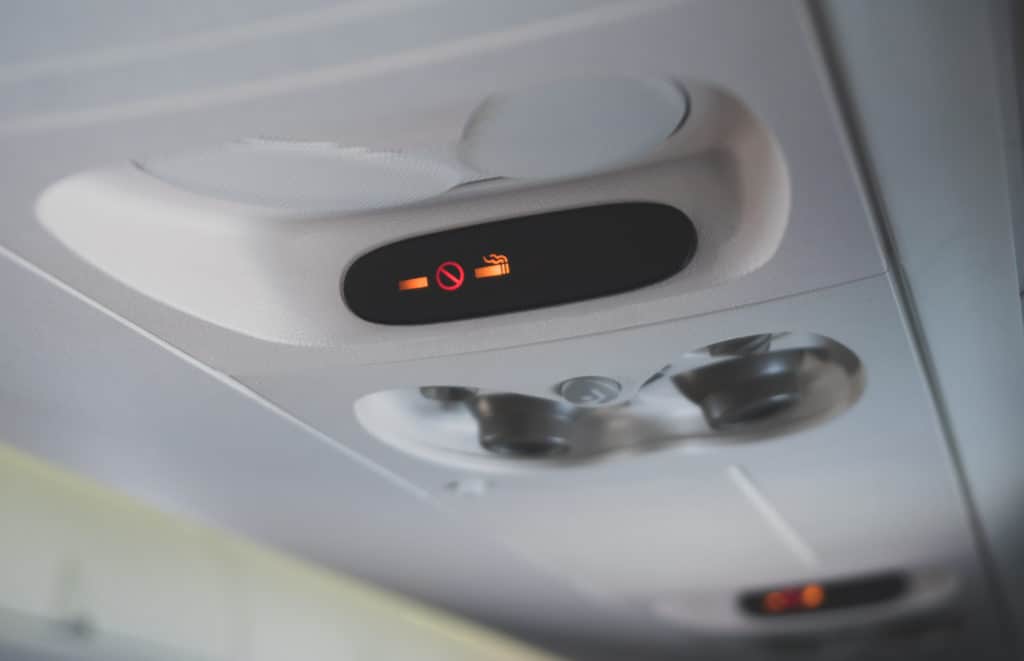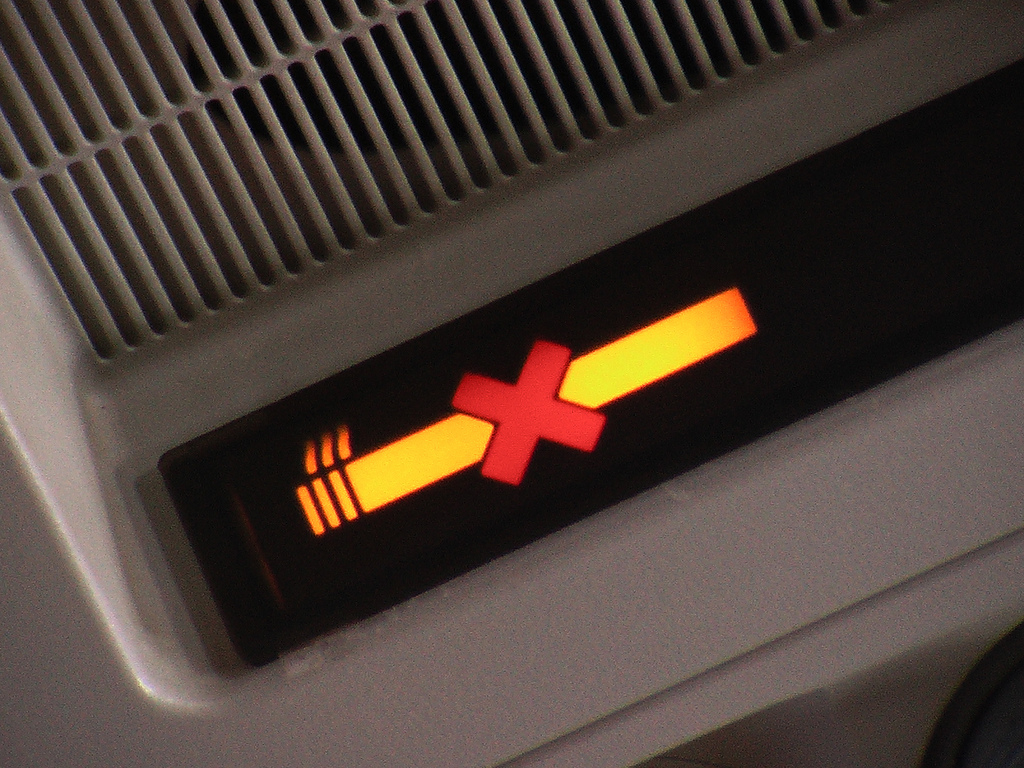On May 31st every year, ICAO joins the World Health Organization and the United Nations system as a whole in celebrating World No Tobacco Day. The aim of the 2022 global campaign is to increase awareness: the impact the tobacco industry has on the environment is vast and growing, adding unnecessary pressure to our planet’s already scarce resources and fragile ecosystems. Tobacco kills over 8 million people every year and destroys our environment, further harming human health, through the cultivation, production, distribution, consumption, and post-consumer waste.
Along with all aviation stakeholders, ICAO is committed to maintaining active lines of communication and encouraging environments that will allow the next generation to lead in the development of aviation’s future.

World No Tobacco Day is commemorated annually to remind the public of the dangers of using tobacco and what people around the world can do to claim their right to healthy living and to protect future generations. ICAO made this a priority during the 29th ICAO General Assembly thanks to a joint decision by our Member States. On 8 October 1992, they adopted this resolution on smoking restrictions on international passenger flights:
Whereas ICAO Assemblies have demonstrated a concern for and a contribution to human welfare in the quality of life and in the environment in which human beings work and engage in other pursuits, including matters related to engine emissions, the ozone layer and aircraft noise; Whereas ICAO Assemblies have recognized a responsibility to achieve maximum compatibility between civil aviation operation and the quality of the human environment; Whereas States have been recognizing increasingly and taking action against the known health hazards caused by tobacco smoke at the work place, in public buildings and transportation systems; Whereas the build-up of “tar” and other residues from tobacco smoke on aircraft may adversely affect oxygen masks and contaminate environmental control systems; Whereas the World Health Organization (WHO) and the International Labour Organization (ILO), consider that occupational safety and health are interrelated and cannot be separated; and Whereas the World Health Organization (WHO) unanimously adopted a Resolution urging Member States to ban smoking in public conveyances where protection against involuntary exposure to tobacco smoke cannot be ensured and requested its Director General to collaborate with ICAO; The Assembly:
- Requests the ICAO Council to intensify its studies into the safety aspects of banning smoking onboard aircraft;
- Requests the ICAO Council, with the assistance and co-operation of the World Health Organization, to take appropriate measures to promote a smoke-free travel environment on all international flights;
- Urges all Contracting States, in the meantime, to take necessary measures as soon as possible to restrict smoking progressively on all international passenger flights with the objective of implementing complete smoking bans by 1 July 1996;
- Requests the ICAO Council to report on the implementation of this Resolution in all its aspects to the next ordinary Session of the Assembly.
 ICAO continues to support efforts to reduce tobacco use within the aviation sector, including by raising awareness among flight crew that smoking can shorten or end a flying career. This is because many health conditions caused by smoking can result in being medically disqualified. Smoking increases the risks of developing heart disease, stroke, cancer and respiratory diseases.
ICAO continues to support efforts to reduce tobacco use within the aviation sector, including by raising awareness among flight crew that smoking can shorten or end a flying career. This is because many health conditions caused by smoking can result in being medically disqualified. Smoking increases the risks of developing heart disease, stroke, cancer and respiratory diseases.

